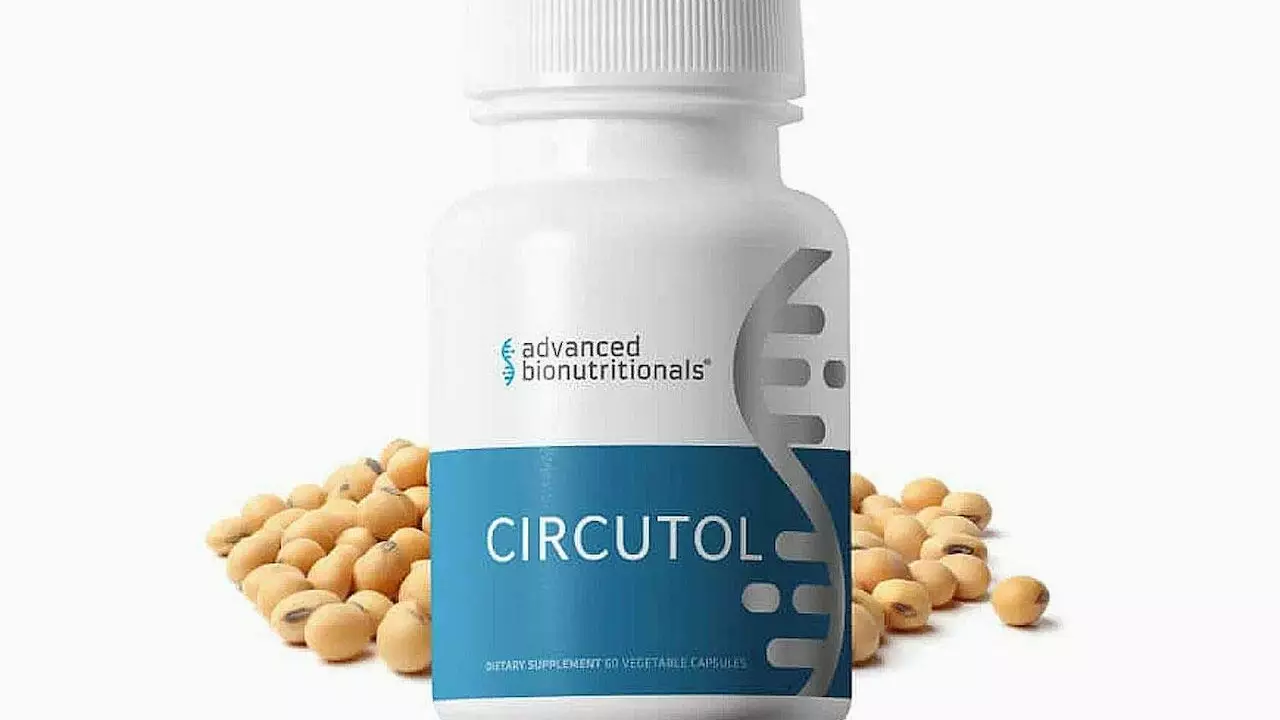July 2023 Health Articles – What We Covered
If you’re scrolling through MenMD’s July posts, you’ll see a mix of skin health clues, supplement tips, heart‑care habits, and medication insights. Each article breaks down real‑world advice without the jargon, so you can apply it to your daily routine right away.
Skin Signals & Lifestyle Tweaks
The "Connection Between Skin Conditions and Other Health Issues" piece reminds us that skin is a symptom board. A sudden breakout might hint at diet excesses, while chronic psoriasis could signal heart‑risk factors. The article gives simple checks: note the pattern of your rash, track food intake, and talk to a doctor if you see persistent changes.
In "The Role of Lifestyle Changes in Managing Angina Symptoms," the focus shifts to heart health. Cutting out cigarettes, eating more veggies, and keeping stress low can trim angina episodes. The writer shares an easy weekly plan: three cardio sessions, two strength workouts, and a daily 5‑minute breathing break.
Supplements, Meds & Special Conditions
The bismuth deep‑dive shows how this underrated mineral can soothe digestion, boost immunity, and act as an anti‑inflammatory. The key takeaway? Stick to the recommended dose (usually 200 mg twice a day) and avoid long‑term use without medical guidance.
Prebiotic power gets a practical guide in "How to Incorporate Prebiotics into Your Daily Diet." Add onions, garlic, bananas, or whole‑grain toast to meals; blend them into smoothies for a quick gut boost. If food changes feel tough, a prebiotic supplement works too—just check with your doctor first.
For those on cancer therapy, the personal story "A Patient's Journey: Life After Starting Enzalutamide Treatment" offers raw insight. It covers early side effects like fatigue and how support networks help navigate daily life. The author stresses staying proactive with follow‑up appointments and sharing any new symptoms promptly.
Expecting moms with Addison’s disease get clear guidance in "Addison's Disease and Pregnancy: What Expecting Mothers Should Know." Key points include maintaining steroid dosing, regular electrolyte checks, and having an emergency injection plan. The article stresses close collaboration with endocrinologists throughout pregnancy.
The antibiotic spotlight on Cefaclor explains when it shines (strep throat, ear infections) and what side effects to watch for—mainly nausea or rare allergic reactions. The advice is simple: complete the full course, stay hydrated, and call your doctor if you notice rash or severe stomach upset.
All these July posts share one goal: give men (and anyone interested) straightforward health facts they can act on today. Whether you’re curious about skin warnings, looking to add a new supplement, or managing a prescription, MenMD’s archive has bite‑size tips that fit into a busy schedule.
Want to revisit any article? Just scroll down the list and click the title—each piece is written for quick reading with practical steps at the end. Keep checking back; we add fresh health insights every month.
The Connection Between Skin Conditions and Other Health Issues
Well folks, buckle up because we're about to dive into the fascinating world of skin conditions. It turns out, your skin is like your body's billboard, broadcasting messages about your overall health. Some skin issues are like cheeky little spies, hinting at possible problems in other parts of your body. From the zit that suggests you need to cut back on the chocolate, to more serious conditions like psoriasis that may be linked to heart disease, your skin tells a story. So, next time you see something odd popping up on your skin, don't just shrug it off; it might be your body's version of a billboard saying "Hey buddy, something's up!"
Unlock the Power of Bismuth: The Ultimate Dietary Supplement for Your Health
In my latest blog, I've explored the health benefits of bismuth, a lesser-known dietary supplement with powerful potential. I delve into how this mineral can aid in digestion, support immune function, and even act as an anti-inflammatory agent. We also discuss its potential role in preventing certain diseases. Remember, like any dietary supplement, it's crucial to take bismuth properly to maximize its benefits and minimize any side effects. So, join me as we unlock the power of bismuth for optimal health!
21
Jul
2023
How to Incorporate Prebiotics into Your Daily Diet
Incorporating prebiotics into our daily diet can remarkably boost our gut health. The simplest way to do this is by including foods high in prebiotics like onions, garlic, bananas, and whole grains in our meals. We can also add them to our smoothies or salads for a quick fix. Prebiotic supplements are another option for those who might struggle with dietary changes. However, it's always best to consult a healthcare professional before starting any new supplement regimen.
The Role of Lifestyle Changes in Managing Angina Symptoms
In my recent exploration of angina, I've learned just how critical lifestyle changes can be in managing its symptoms. Simple steps such as maintaining a healthy diet, regular exercise, and quitting smoking can significantly reduce the frequency and severity of angina episodes. It's also crucial to keep stress levels in check as it directly impacts heart health. Additionally, regular health check-ups and adherence to prescribed medication also play a key role. It's clear that a comprehensive approach combining lifestyle modification and medical treatment can help in effectively managing angina.
A Patient's Journey: Life After Starting Enzalutamide Treatment
In my recent blog post, I opened up about my personal journey with enzalutamide treatment. I touched on the initial challenges and side effects, but also focused on the positive changes I've experienced. Life post-treatment has been a roller-coaster, but I'm learning to navigate my new normal. With the support of my family, friends, and healthcare team, I am embracing this new chapter of life. The journey has been far from easy, but it's important to remember that there's life, hope and strength after starting enzalutamide treatment.
Addison's Disease and Pregnancy: What Expecting Mothers Should Know
In my latest blog post, I delve into the topic of Addison's Disease and its impact on pregnancy. This condition, while rare, can pose significant health risks if not managed correctly. Expecting mothers with Addison's need to be vigilant about their health and must work closely with their healthcare provider to ensure a safe pregnancy and delivery. The post also highlights the necessary treatments and precautions to take during this special time. It's a must-read for anyone affected by Addison's Disease and planning for a baby.
The Benefits and Side Effects of Cefaclor: What You Need to Know
In my latest blog post, I delve into the world of Cefaclor, a commonly used antibiotic. It's known for effectively treating bacterial infections, but like all medications, it has both benefits and side effects. While it's great in combating conditions like strep throat and ear infections, one must be aware of possible side effects like nausea, diarrhea, and in rare cases, allergic reactions. It's crucial to remember that the benefits can significantly outweigh these negatives, particularly when used correctly under medical supervision. As always, consult with your healthcare professional before starting any new medication.
© 2026. All rights reserved.






